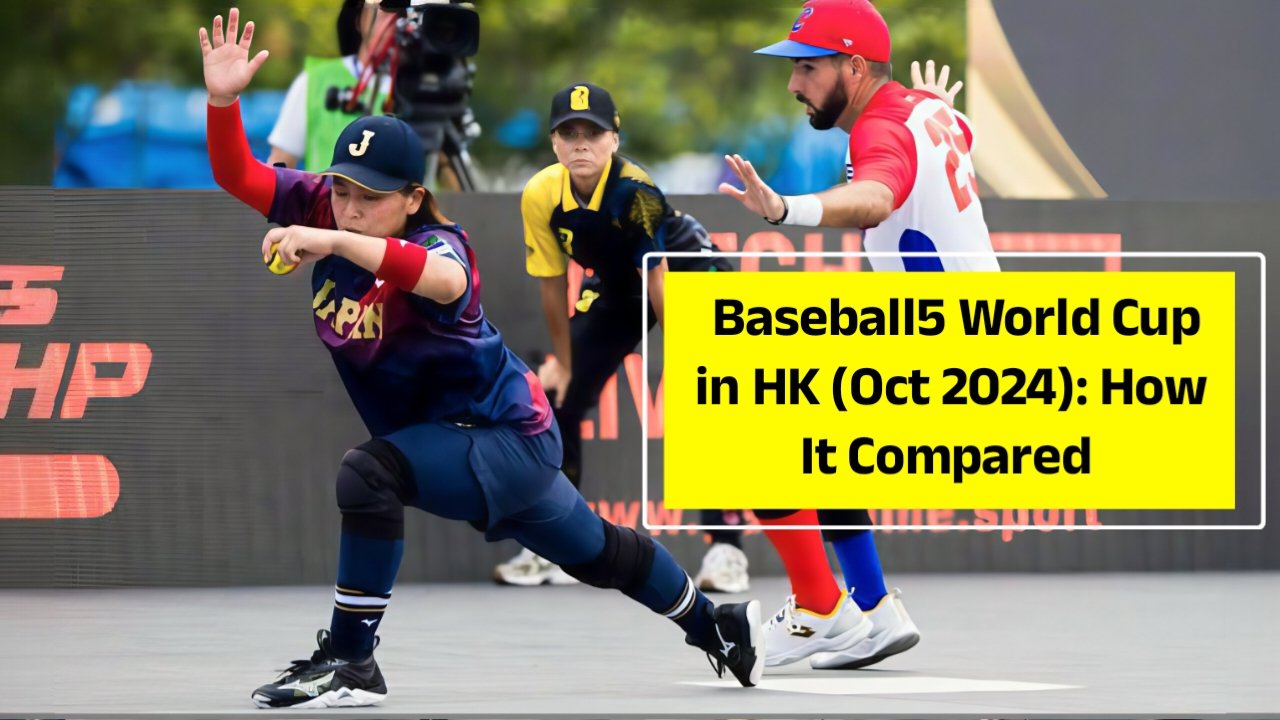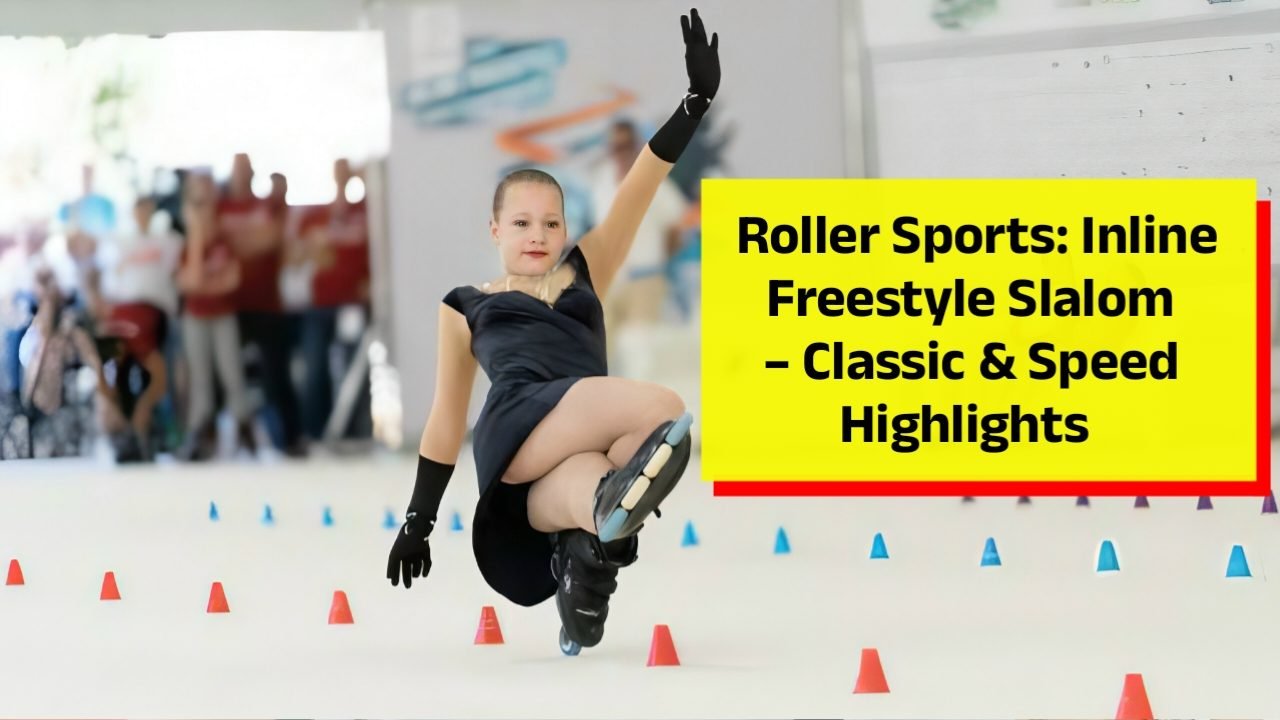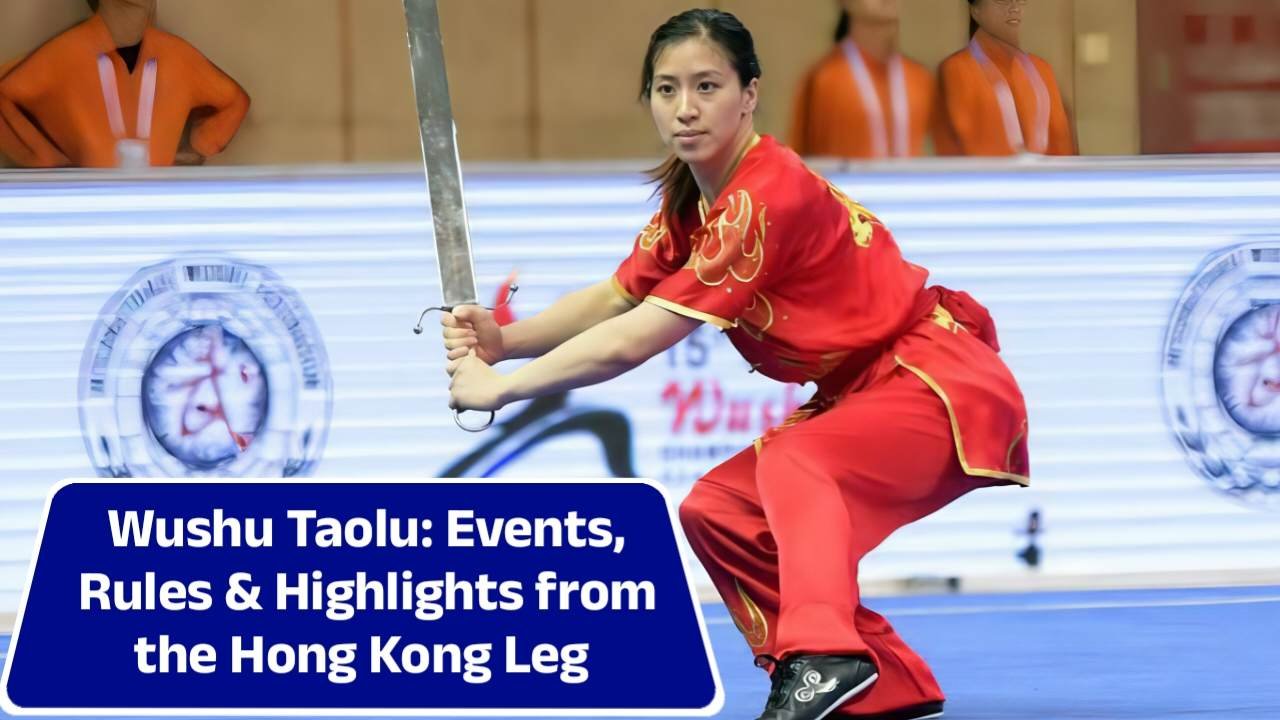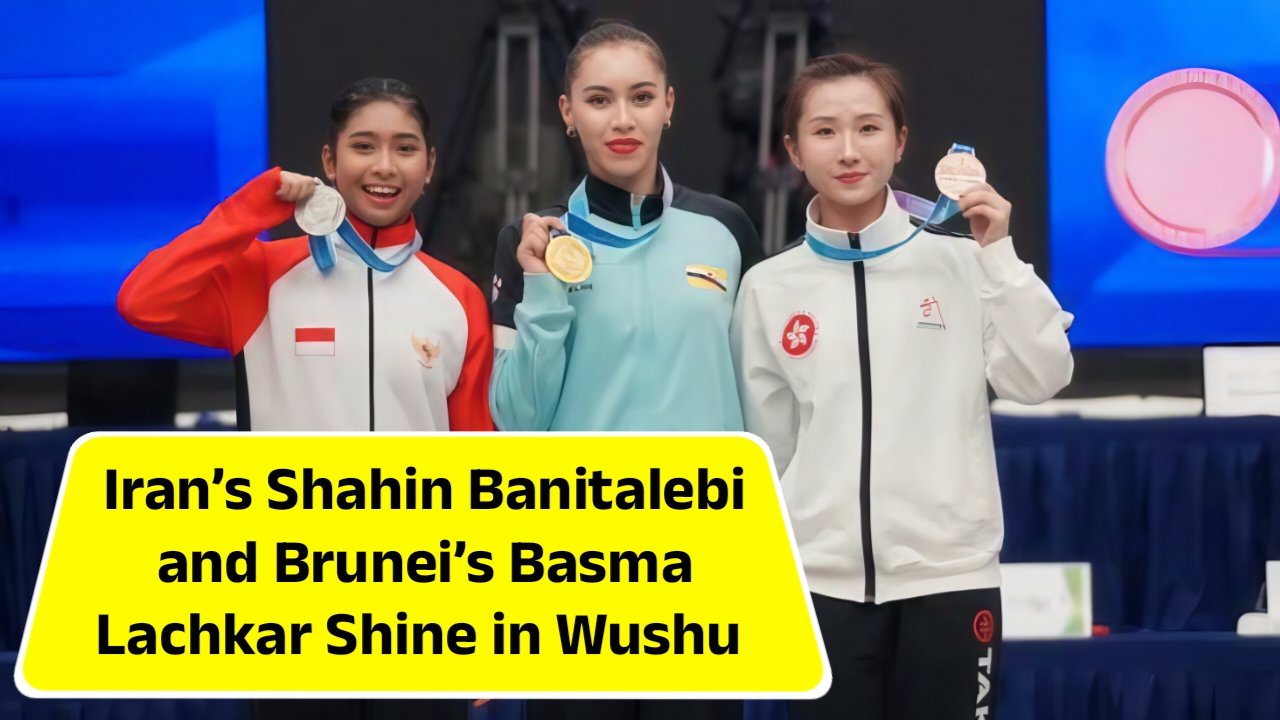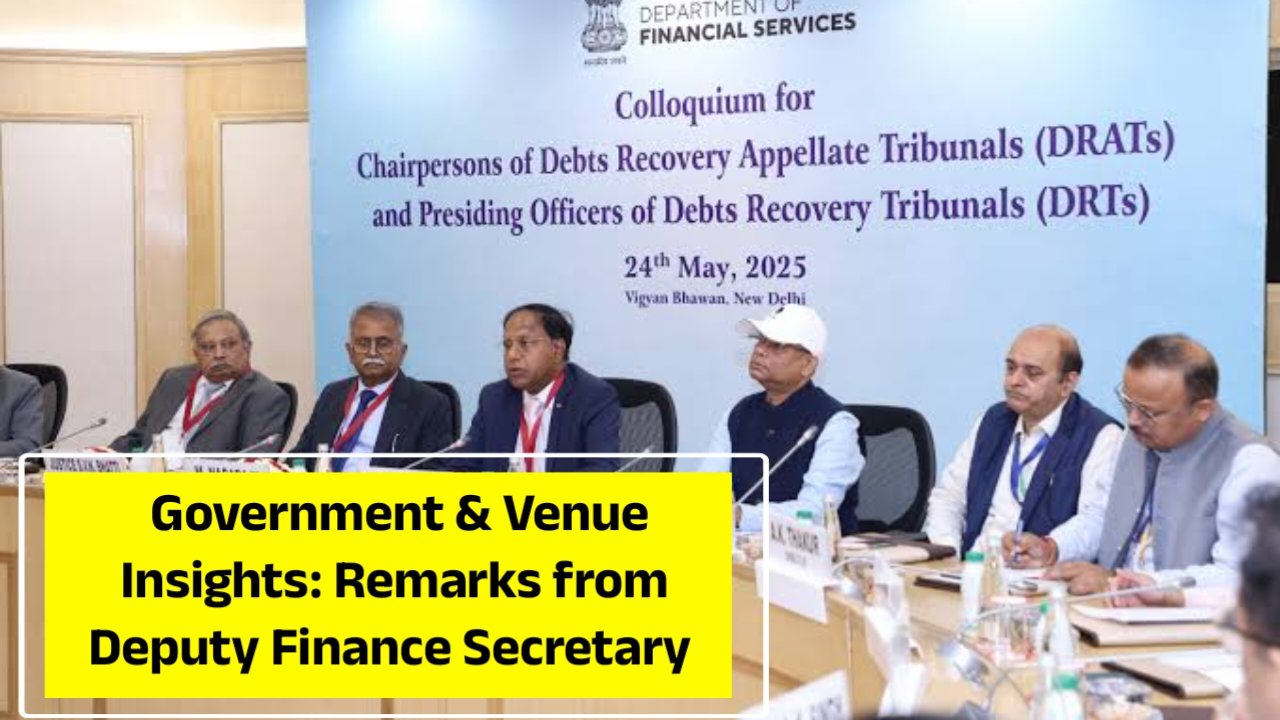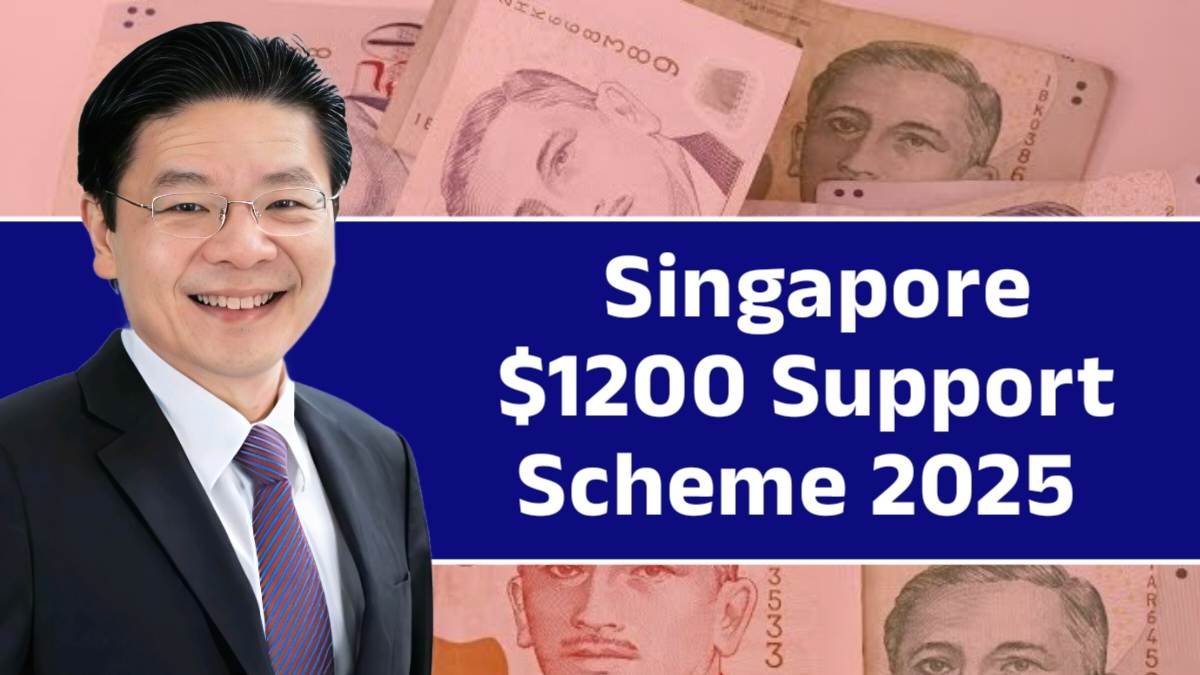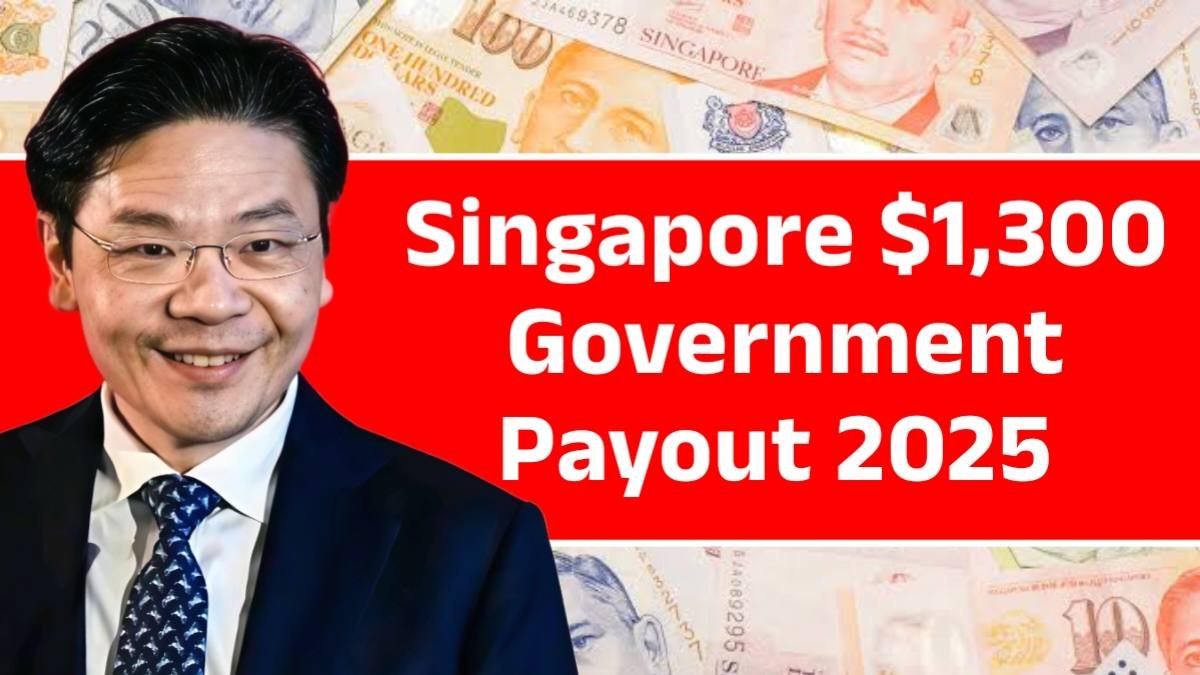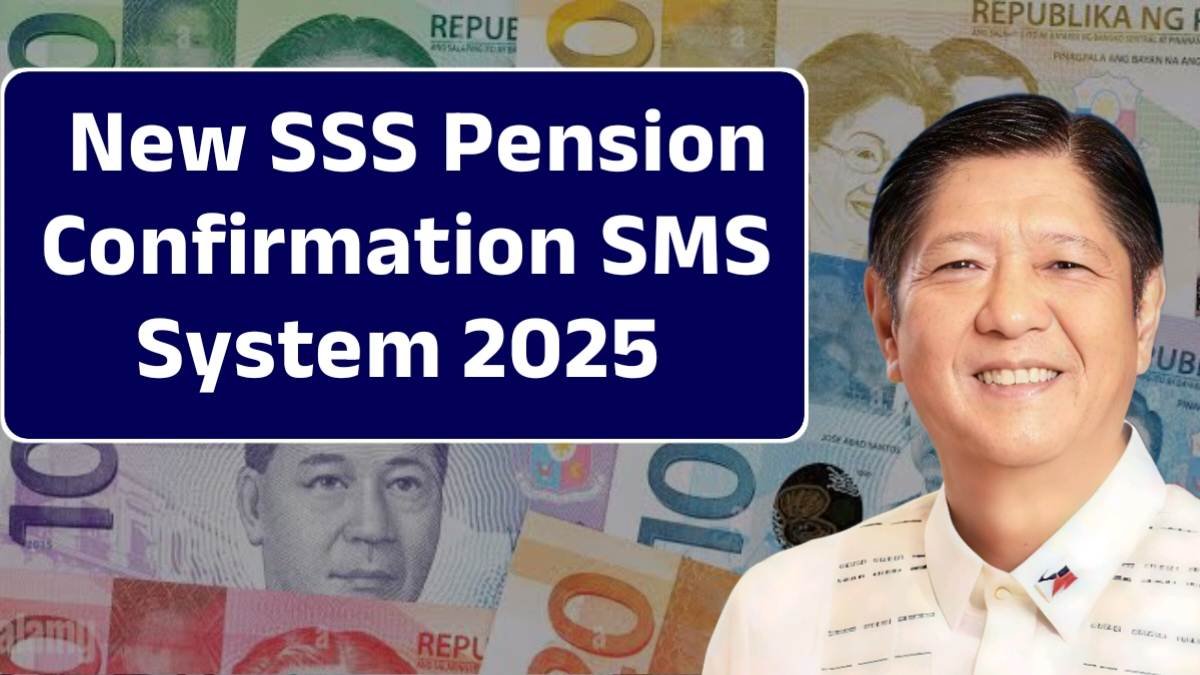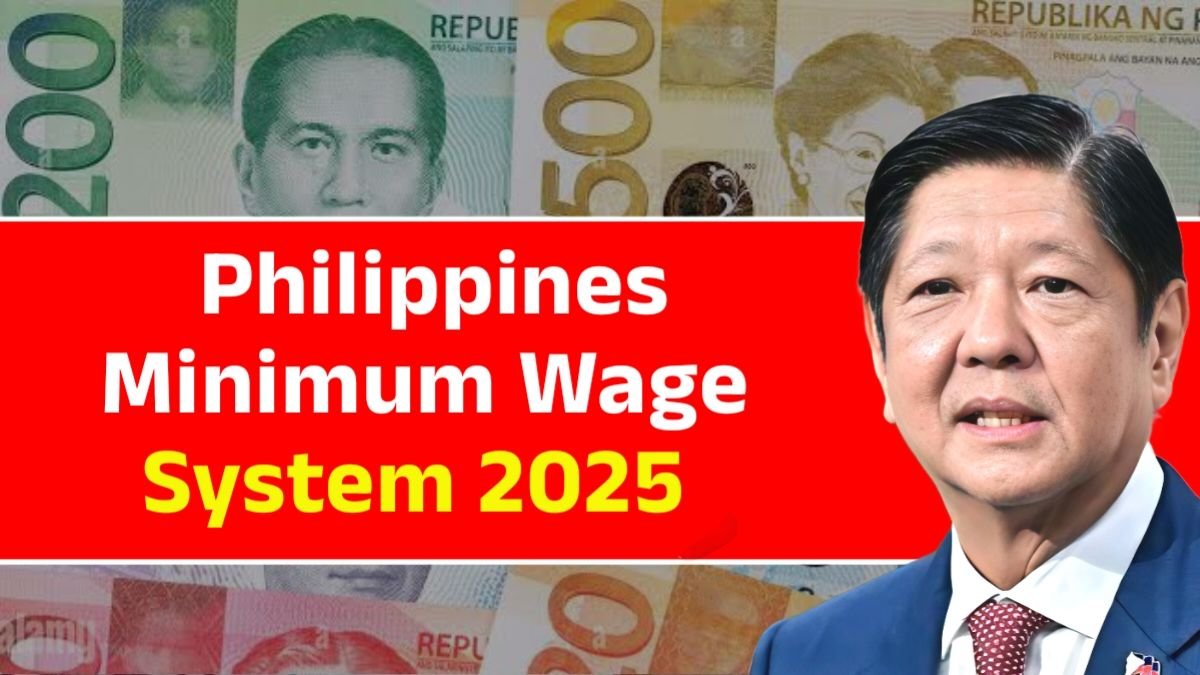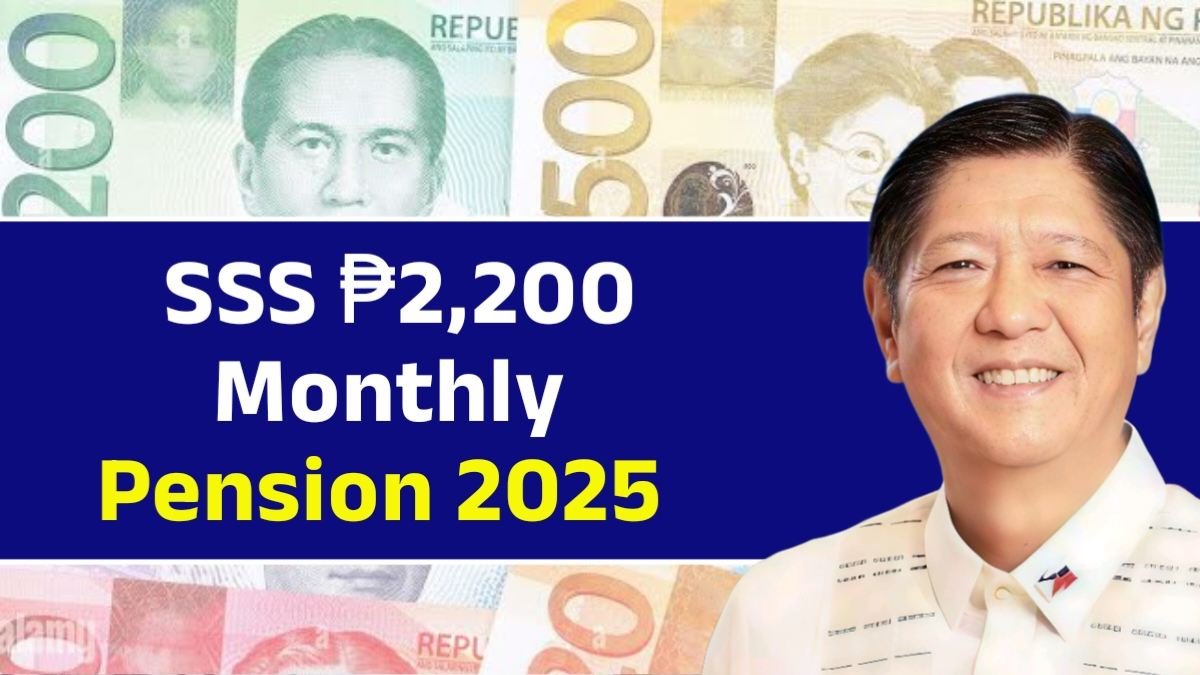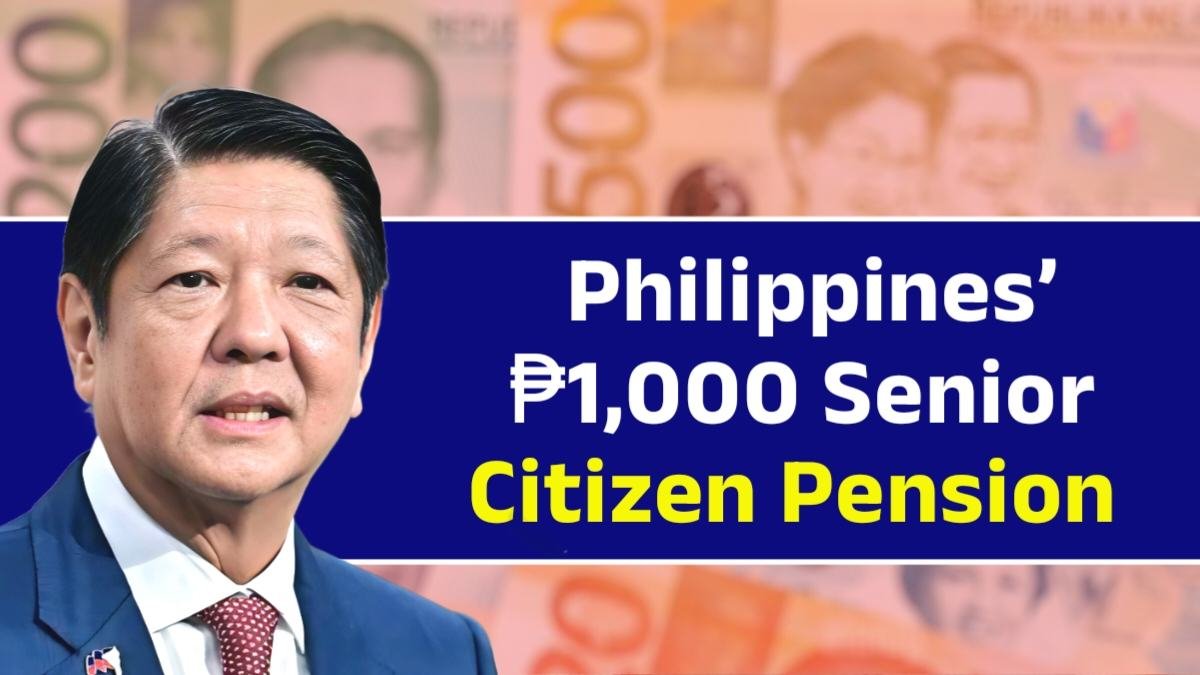In October 2024, Hong Kong made history by hosting the Baseball5 World Cup, a fast-paced and urban version of baseball introduced by the World Baseball Softball Confederation (WBSC). The event brought an exciting new dimension to the city’s growing sports profile, just months after the success of The World Games Series (TWGS) Hong Kong.
The Baseball5 World Cup was more than just another international tournament—it was a testament to how Hong Kong can balance traditional sports legacies with emerging urban formats. This article explores how the event compared with other multi-sport events and conventional baseball competitions, highlighting its scale, accessibility, fan engagement, and legacy.
Overview
| Aspect | Baseball5 World Cup (HK 2024) | TWGS Hong Kong (2024) | Asian Games (Hangzhou 2023) |
|---|---|---|---|
| Scale | 12 teams, single sport | 3,000+ athletes, 30+ sports | 10,000+ athletes, 40+ sports |
| Sports Format | Urban baseball, fast-paced, mixed | Non-Olympic & emerging sports | Olympic & traditional sports |
| Audience | Youth-focused, intimate engagement | Global online + local audiences | Massive Asian & global TV audiences |
| Venues | Compact urban fields | Existing world-class arenas | Large stadiums, new builds |
| Impact | Promoted grassroots & inclusivity | Innovation, sustainability, tourism | Economic growth, large infrastructure |
| Legacy | Urban sport growth in schools | Digital-first, diverse sport focus | Regional pride, long-term facilities |
What is Baseball5?
Before comparing, it’s essential to understand Baseball5 itself.
- A 5-on-5, mixed-gender urban version of baseball/softball.
- Played on a small 18m x 18m field without bats, gloves, or major equipment.
- Games are fast, usually completed in under 20 minutes.
This simplified version was designed to make baseball accessible to younger audiences and countries with limited infrastructure, directly aligning with WBSC’s goal to expand baseball globally.
Scale & Participation
Unlike the Asian Games or TWGS, which feature dozens of disciplines, the Baseball5 World Cup is a single-sport global competition.
- Participants: 12 national teams from around the world.
- Event Duration: Just one week, compared to multi-week schedules of Asian Games or TWGS.
- Accessibility: Teams from emerging baseball regions, including Africa and Latin America, participated—something rarely seen in Asia-centric tournaments.
In terms of scale, it was smaller, but its global reach and inclusivity gave it strong international recognition.
Audience & Engagement
The Baseball5 World Cup leaned into youth and community-focused fan engagement. Unlike the grand stadiums of the Asian Games or the digital-first campaigns of TWGS, this event brought fans close to the action with compact venues, open-access fan zones, and live-streams targeting younger audiences.
Social media challenges, urban sports promotions, and street-style demonstrations across Hong Kong created a festival-like environment. The tournament showcased how intimate formats can rival mega-events in excitement and accessibility.
Venue & Organization
The choice of Hong Kong as host reflected its ability to manage compact, innovative sports events.
- The games were played in custom-built urban venues designed for spectator proximity.
- Organization emphasized low-cost, high-impact infrastructure—a contrast to the massive stadium builds often associated with the Asian Games.
- Government support, in partnership with WBSC, ensured smooth operations and positioned Hong Kong as a regional sports innovation hub.
Cultural & Economic Impact
While the Asian Games boost entire economies with millions of visitors, the Baseball5 World Cup was more modest but still impactful.
- Tourism: It attracted international fans and media coverage, boosting local hospitality.
- Culture: Baseball5 promoted inclusivity—mixed-gender teams highlighted diversity in sports.
- Legacy: Introduced a new sport to schools and communities in Hong Kong, supporting long-term grassroots development.
How It Compared
The Baseball5 World Cup differed from Hong Kong’s TWGS 2024 and Asia’s larger multi-sport events in several ways. Instead of scale, it focused on speed, accessibility, and youth engagement, offering a unique balance to Asia’s traditional sports calendar.
Conclusion
The Baseball5 World Cup in Hong Kong (Oct 2024) may have been smaller in scale compared to the Asian Games or TWGS Hong Kong, but it proved equally significant in its own way. By focusing on innovation, accessibility, and inclusivity, the event showed that sports don’t need massive stadiums or thousands of athletes to create a lasting impact.
Hong Kong has now positioned itself as a hub for urban sports and modern sporting experiences, setting the stage for more events that combine community participation with global visibility. The Baseball5 World Cup was not just about crowning a champion—it was about reshaping how the world sees baseball and urban sports in Asia.
FAQs
Q1: What makes Baseball5 different from traditional baseball?
A1: Baseball5 is a faster, equipment-free, mixed-gender version of baseball designed for urban play.
Q2: Why was Hong Kong chosen as the 2024 host?
A2: Hong Kong’s accessibility, world-class organization, and urban setting made it ideal for hosting Baseball5.
Q3: What is the legacy of the Baseball5 World Cup in Hong Kong?
A3: It introduced a new sport to schools and communities, promoting inclusivity and youth participation.

